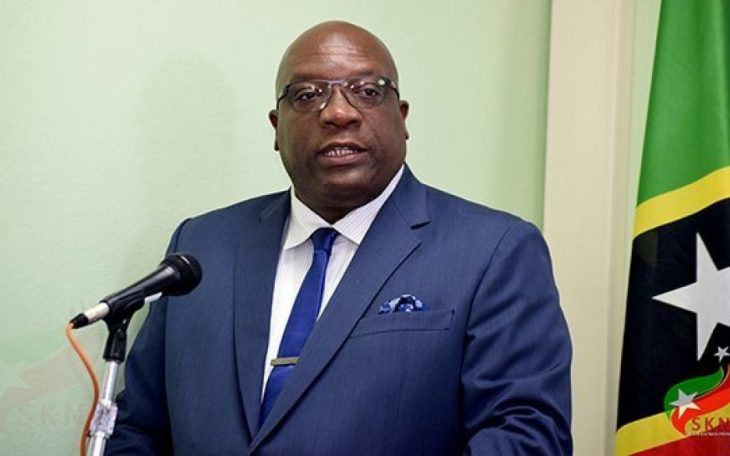The St. Kitts-Nevis government will not follow CARICOM leaders andimpose a travel ban on several African countries following the discovery of a new variant of the coronavirus (COVID-19 Omicron) pandemic in South Africa over the past few days.
During the sitting of the parliament on Wednesday Prime Minister Dr. Timothy Harris indicated that his administration would follow the advice given by the World Health Organization (WHO) to not impose any travel restrictions on South Africa.
The Government leader said that while some countries have imposed travel bans on South Africa and other South African countries to keep the Omicron variant out, the new strain has already been confirmed in other countries.
Prime Minister Harris says “The World Health Organization does not support travel bans at this particular time and it has advised that the travel bans that are in place are unlikely to stop the spread of the variant.
An advisory from the World Health Organization on Tuesday highlighted that “blanket” travel bans risked doing more harm than good, just as Canada expanded its restrictions. The advisory warned that the bans could ultimately dissuade countries from sharing data about the evolving virus.
WHO chief Tedros Adhanom Ghebreyesus said it was understandable for countries to seek to protect their citizens “against a variant we don’t yet fully understand”. But he called for the global response to be “calm, coordinated and coherent”, urging nations to “take rational, proportional risk-reduction measures”.
With Omicron being designated a variant of concern, the WHO has issued a number of recommendations to the global community, which includes enhancing surveillance.
Several CARICOM countries, including Trinidad and Tobago, Jamaica, and the Bahamas, have joined the United Kingdom, the United States and others in imposing a travel ban on passengers coming from several African countries including South Africa, Mozambique and Zimbabwe.
But Prime Minister Harris said, “the health team has advised that it is not necessary at this time to impose a travel ban on South Africa or on the South African countries.
He added “We will follow what the WHO prescribed in place of travel bans. The WHO has recommended that countries continue to implement the effective public health measures to reduce COVID-19 circulation overall, using a risk analysis and science-based approach. Further, countries should increase their public health and medical capacities to manage an increase in the cases,” Harris told Parliament.
St. Kitts-Nevis has recorded 28 deaths and 2, 786 infections from COVID-19 since the first case was detected here in March last year.




